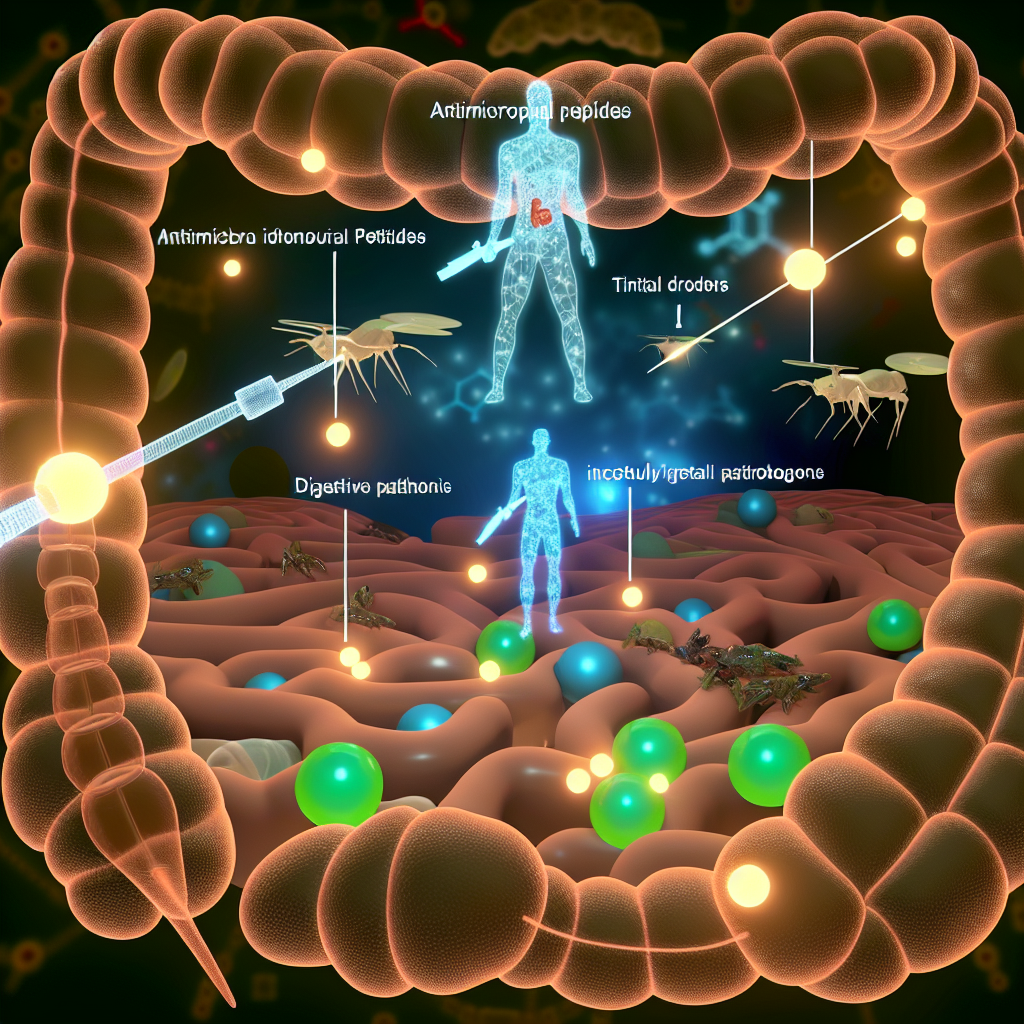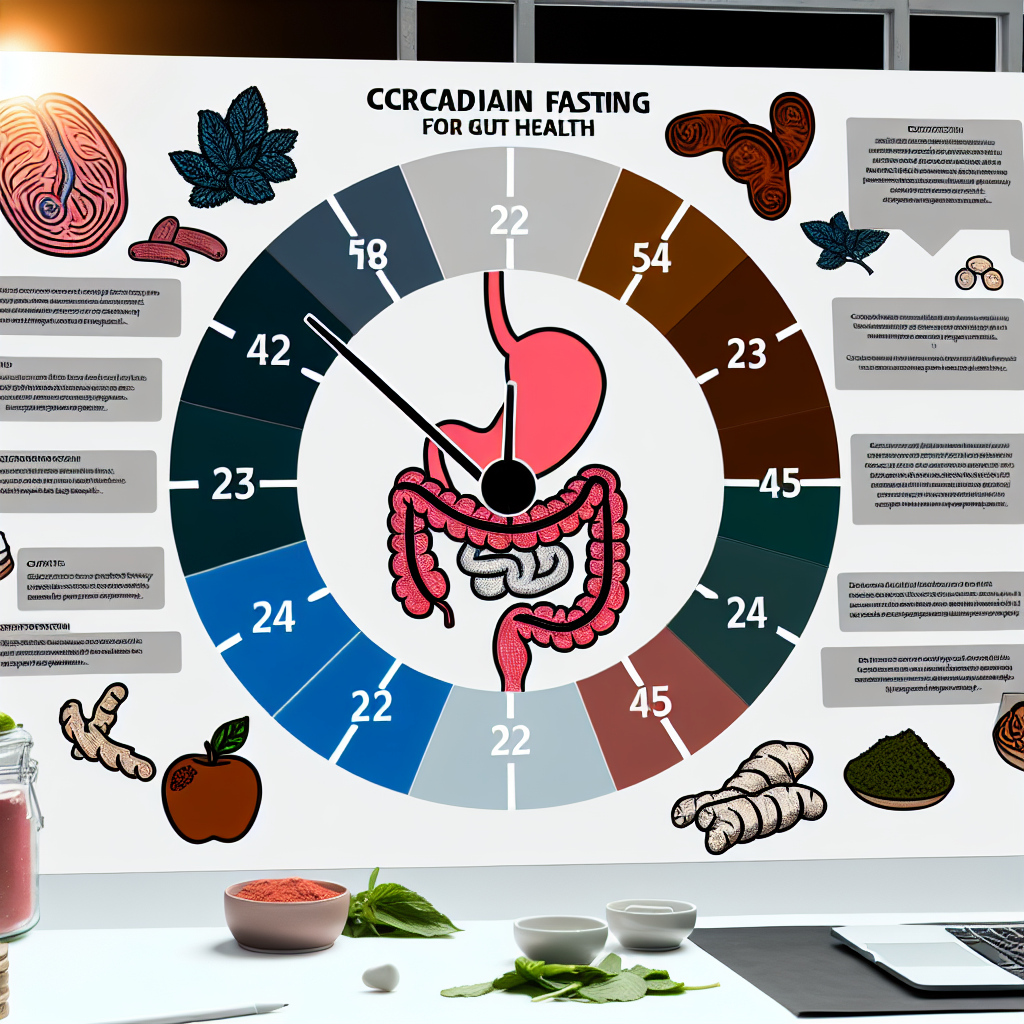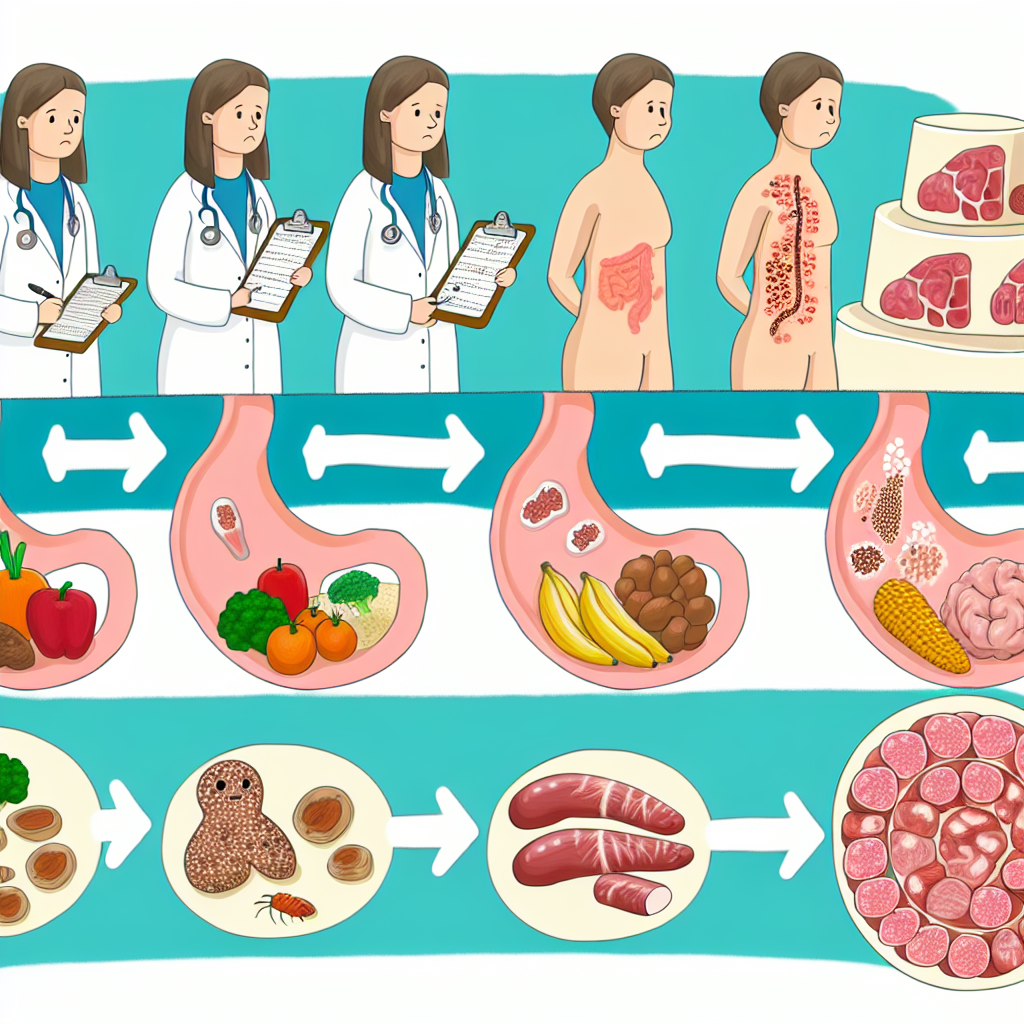Antimicrobial Peptides: Natural Compounds That Selectively Target Digestive Pathogens
The human gut is a bustling ecosystem inhabited by trillions of microorganisms, collectively referred to as the gut microbiome. This intricate microbial community supports digestion, nutrient absorption, immune function, and even mental health. Maintaining a healthy balance of these microorganisms is vital for optimal gut health. However, an increase in harmful bacteria or pathogens in the gut can lead to infections, inflammation, and chronic digestive diseases such as Irritable Bowel Syndrome (IBS), Inflammatory Bowel Disease (IBD), or Small Intestinal Bacterial Overgrowth (SIBO).
Antibiotics have long been the frontline solution for bacterial gut infections but often come at a cost. These medications typically fail to distinguish between harmful and beneficial bacteria, leading to the disruption of the natural gut flora. The overuse of antibiotics is also associated with increasing antibiotic resistance — a growing global health crisis. As a result, there is rising interest in alternatives that can target specific pathogens without affecting the overall microbial balance.
Nature’s Secret Weapon: How AMPs Work in the Gut
Antimicrobial peptides (AMPs) are a promising area of research, as they are natural compounds capable of recognizing and eliminating harmful microbes. What makes AMPs particularly intriguing for gut health is their potential to selectively target pathogenic bacteria while leaving beneficial microbes unharmed. This unique capability could transform the way we approach digestive health and disease management.
AMPs are found in everything from plants and animals to fungi and humans. In the human digestive system, specialized cells within the intestinal lining produce several types of AMPs, such as defensins and cathelicidins. These natural agents can penetrate bacterial membranes, disrupt microbial metabolism, and modulate immune responses. With increasing research into AMP synthesis and delivery methods, there is growing potential for these compounds to serve as effective, natural therapeutics for a wide range of gut-related disorders.
Synthetic AMPs Show Promise in Treating Gut Inflammation
A 2020 article in Nature Microbiology investigated synthetic AMPs for treating colitis in rats. The results were stunning: the synthetic peptides decreased pathogenic bacteria, reduced inflammation, and restored the gut barrier — all without harming beneficial gut flora. This precise selectivity offers a compelling alternative to broad-spectrum antibiotics, which often disrupt the entire microbial ecosystem.
Plant-Derived AMPs: A Natural Solution from Mother Earth
It’s not just animals that produce AMPs. Plants also generate their own types, commonly known as plant defensins. These natural compounds are being explored as potential treatments for gut-related infections. According to a 2021 review in Frontiers in Microbiology, plant-derived AMPs offer multi-targeted antimicrobial effects, making it difficult for bacteria to develop resistance.
Engineered Probiotics: Good Bacteria that Fight Back
Innovative research has now led to the engineering of probiotic strains capable of producing AMPs. A 2022 study in the journal Gut Microbes examined Lactobacillus strains genetically modified to target Clostridioides difficile — a major cause of antibiotic-associated diarrhea.
Boosting Your Body’s Natural AMPs Through Nutrition
While synthetic and plant-derived AMPs show great promise, your body already produces them — and even more impressively, the production can be enhanced through nutrition. Certain nutrients such as zinc, vitamin D, and amino acids have been shown to stimulate natural AMP production.
A 2020 article in the Journal of Nutritional Biochemistry confirmed that dietary strategies could be a foundational approach to strengthening gut immunity by naturally boosting the body’s own microbial defenders.
Conclusion: AMPs Pave the Way for Next-Gen Digestive Health Solutions
Antimicrobial peptides represent a cutting-edge and highly promising avenue for enhancing gut health through natural means. Unlike traditional antibiotics, AMPs offer targeted action against harmful bacteria while preserving beneficial gut flora.
Their roles in modulating immune responses, maintaining intestinal integrity, and their presence in both human and plant systems provide a robust framework for their future integration into probiotic supplements, dietary interventions, and natural therapeutics. As research continues to advance, AMPs may soon play a central role in preventive and treatment strategies for a wide range of gastrointestinal conditions, offering new hope for those seeking natural, effective, and sustainable solutions for gut health.
Concise Summary:
Antimicrobial peptides (AMPs) are natural compounds that can selectively target and eliminate harmful gut bacteria while leaving beneficial microbes unharmed. Unlike traditional antibiotics, AMPs show promise in treating various digestive disorders without disrupting the overall gut microbiome. Research on synthetic, plant-derived, and engineered probiotic AMPs suggests they could transform the future of gut health management through targeted, natural solutions.

Dominic E. is a passionate filmmaker navigating the exciting intersection of art and science. By day, he delves into the complexities of the human body as a full-time medical writer, meticulously translating intricate medical concepts into accessible and engaging narratives. By night, he explores the boundless realm of cinematic storytelling, crafting narratives that evoke emotion and challenge perspectives.
Film Student and Full-time Medical Writer for ContentVendor.com




